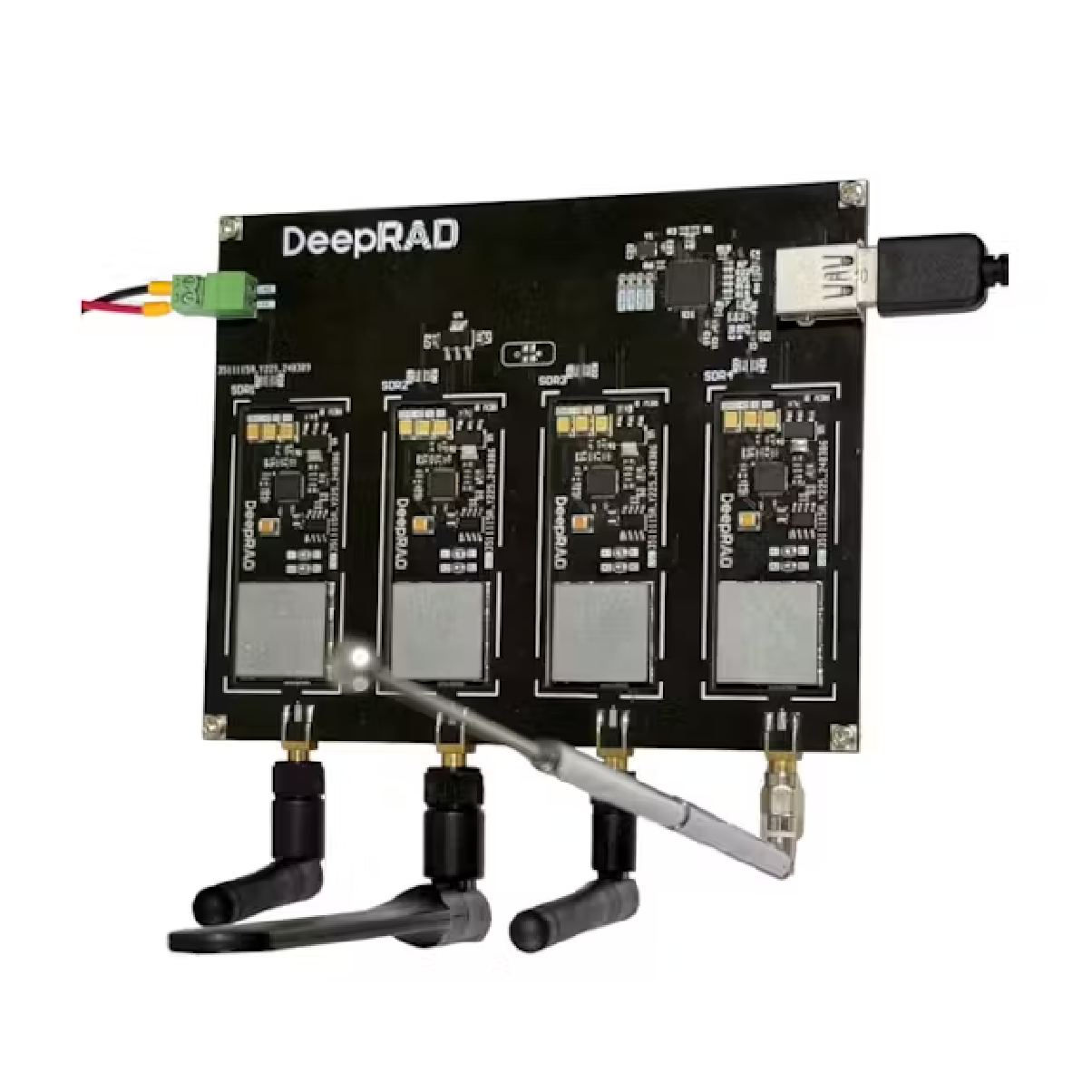DeepRad Software - Defined Radio
Receive and analyze radio signals in a wide range of frequencies. Meet DeepRad, a low-cost software-defined radio receiver (SDR) that can be incorporated into any electronic development.
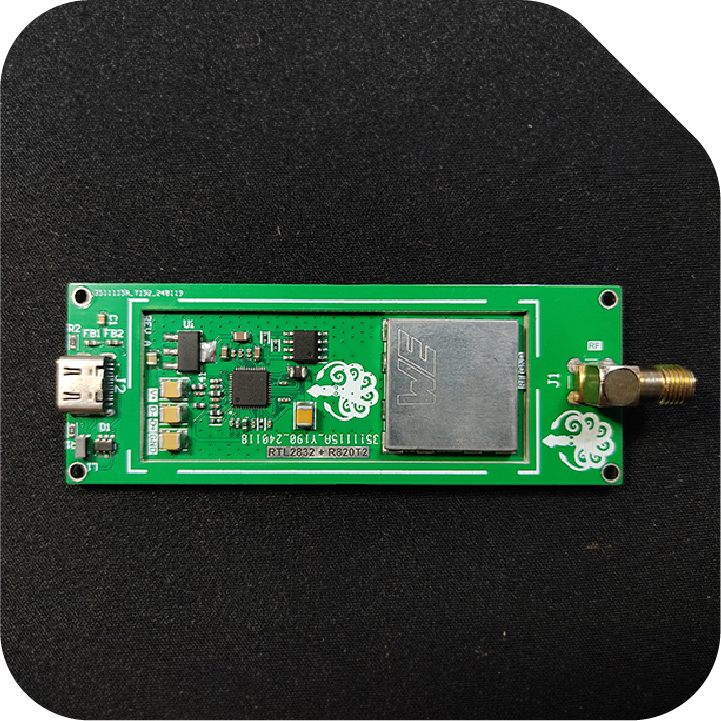

DeepRad
key features
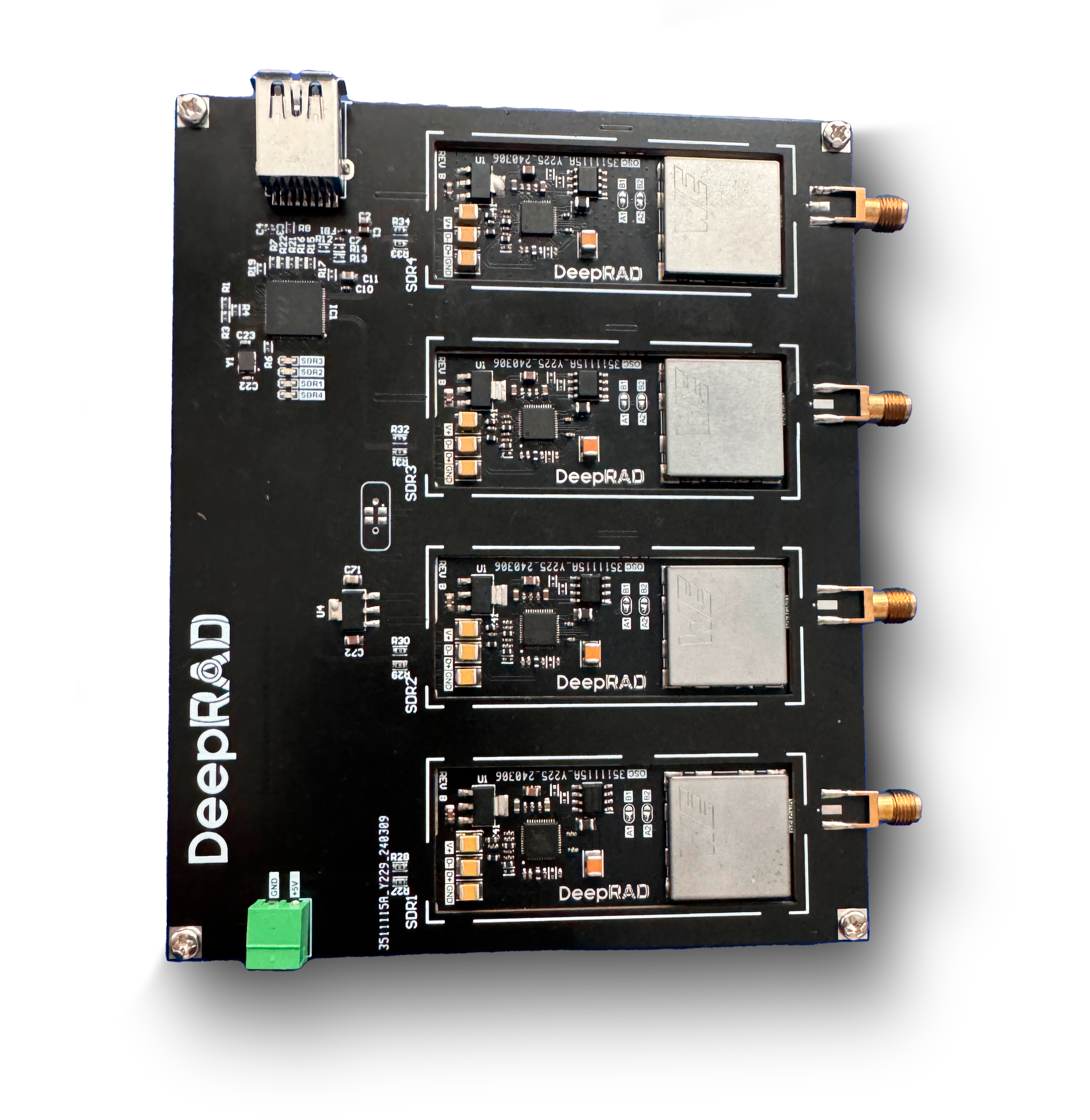
Unlike RTL2832U-based SDR products that come in a finished presentation, our product offers a modular design, making it easy to integrate into custom projects.
A module focused on affordability, allowing developers and hobbyists to access SDR technology without a high cost.
The module can be easily integrated into different electronic projects thanks to its compact design and standardized connection interfaces.
Being an SDR, it allows flexible configurations through software, offering developers the ability to customize the behavior of the module according to their needs.
Our product supports a wide range of frequencies, allowing its use in various applications, from amateur radio to industrial communications.
Benefits of our SDR receiver
Affordability and accessibility
Low-cost design makes SDR technology accessible to hobbyists, students, and small businesses.
Easy integration
Modular design with standard interfaces allows seamless incorporation into new or existing projects, enabling customization.
Versatile applications
Wide frequency range and protocol compatibility support diverse uses such as amateur radio, FM reception, VHF/UHF communications, and signal analysis, among others.
Customizable
DeepRad enables adjustment of gain, bandwidth, and other parameters, catering to specific user needs.
Who is this SDR
receiver for?
- Radio amateurs
- Electronics students
- RF engineers
- Ethical hacking
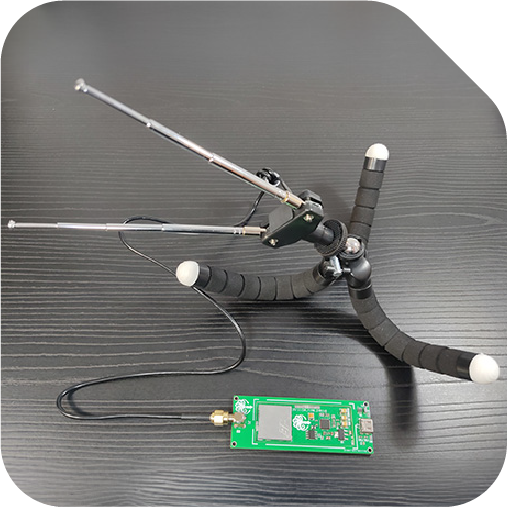
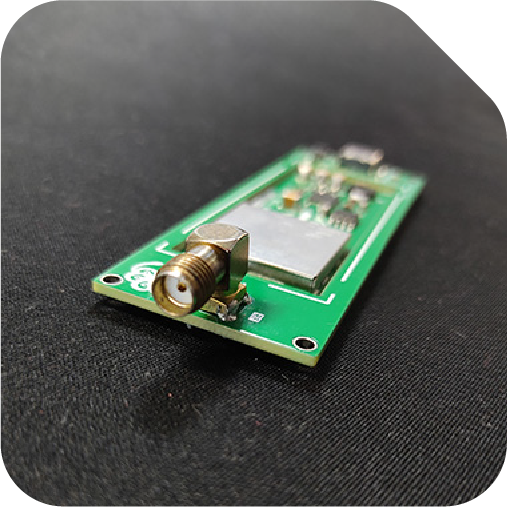
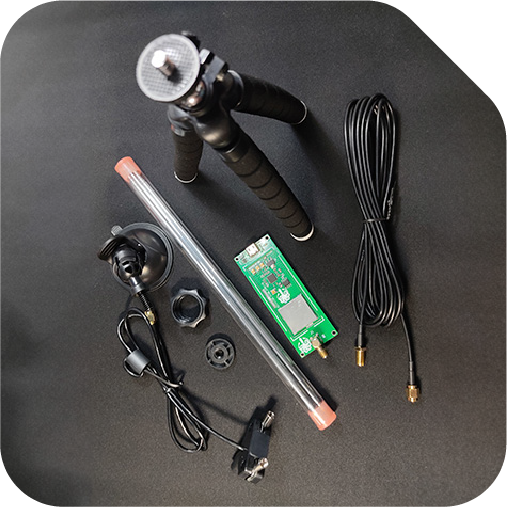

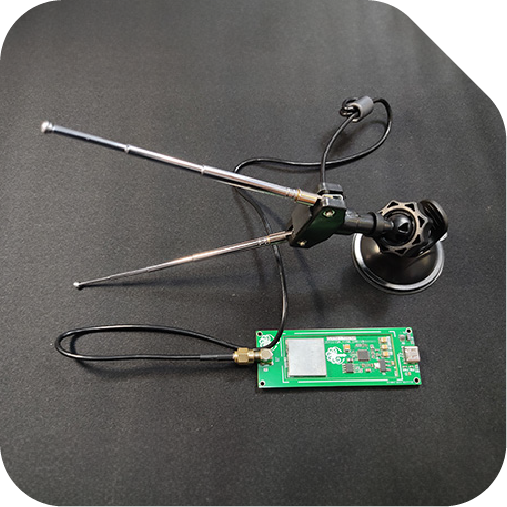
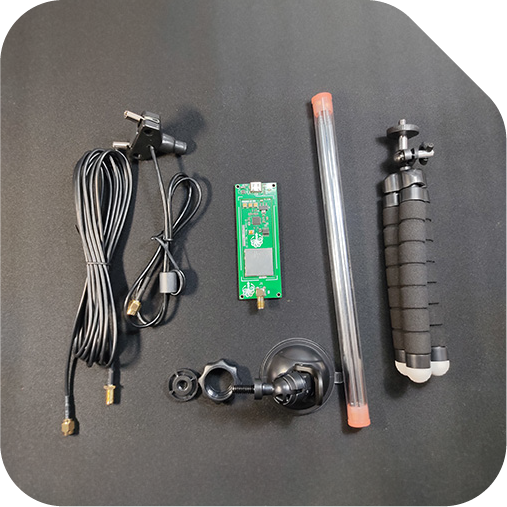

What makes DeepRad
different from other
defined radio software?
DeepRad’s main advantage is integrating our SDR receiver into custom projects without needing RF electronic development.
DeepRad offers a low-cost alternative, allowing more people to access SDR technology without a large investment.
Most SDR modules are packaged as finished devices, making them difficult to integrate into custom electronic projects. On the other hand, DeepRad counts on a modular design and flexible connectivity and solves this problem by offering an easy-to-integrate solution.
News
DeepSea Developments Modularizes the RTL-SDR for Multi-Receiver Software-Defined Radio Projects
California-based Internet of Things (IoT) design house DeepSea Developments is looking to make it easier to bring multiple RTL-SDR software-defined radio dongles to bear on a given problem — with open source motherboards designed to house up to four Realtek RTL2832U-based modules.
